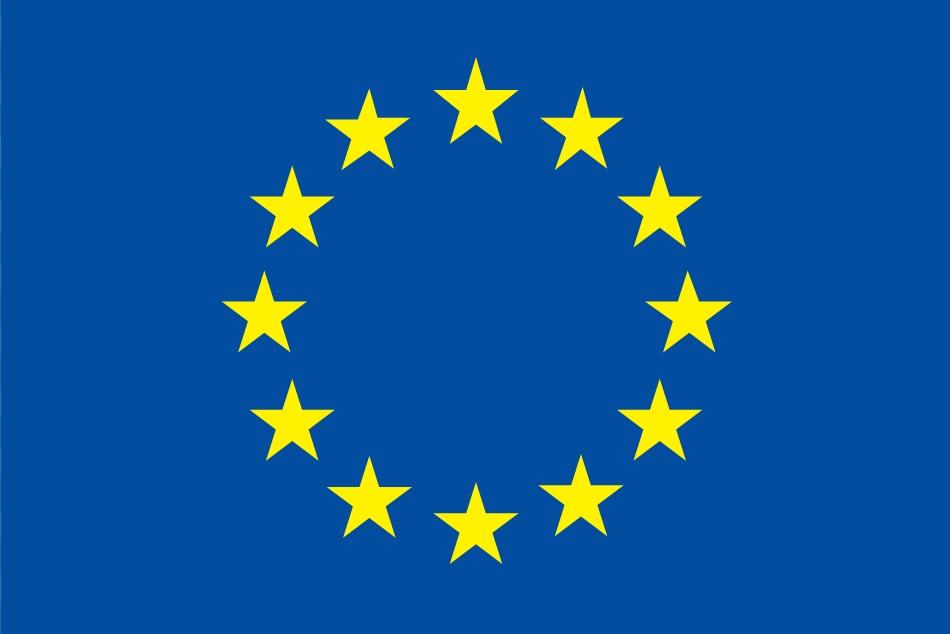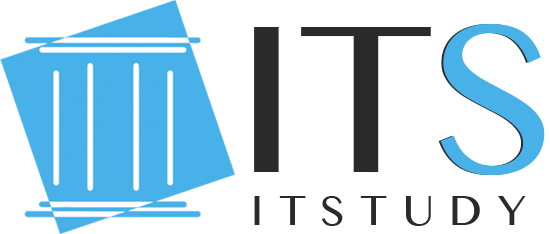
The Erasmus Program will be inclusive, digital and green
Resilience was most often mentioned word at the 3rd European Union Education Summit on 10 December, that focused on education's response to COVID-19 challenge, the future of digital education in Europe, and the new Erasmus Program between 2021–2027.
The coronavirus epidemic has disrupted education and training activities in schools, higher education institutions, early childhood education and care, vocational training and non-formal education centers across Europe.
However, the crisis has made it clear that the use of distance learning and online learning is essential for the continued provision of education and training. However, the full take-up of online and distance learning is still hampered by a number of factors today, such as the lack of a reliable, high-speed internet connection and the proper tools in schools and students' homes; educators and teachers have difficulties in adapting to digital education and parents are unable to provide sufficient assistance with home learning.
Of course, due to the known circumstances, the summit itself was also held online, with the participation of national education ministers, members of the European Parliament and leaders of education and training working groups.
There are also a number of valuable lessons to be learned from the coronavirus epidemic, which, together with good practice, are worth sharing with Member States' institutions and organizations. During the so-called high-level meeting, Lina Gálvez Muñoz MEP, Vice-Chair of the Committee on Industry, Research and Energy (ITRE), emphasized that the epidemic had highlighted the importance of economic strength and the way in which digitalisation had already begun in industry, education must also inevitably follow this trend. She stressed the need to pay attention to those over the age of 60 who couldn't still acquire this knowledge in the normal educational process and to make it available to them to learn it as well.
Stefanie Schlunk, Chair of the Board of Science on Stage Europe, mentioned among the difficulties and lessons learned in online teaching that real-time teachers are now under a lot of pressure from many sides because of this, and that these subjects are particularly difficult to teach ionline. She stressed the need to significantly support the training and in-service training of teachers and also to help them learn from each other and share their experiences with each other.
The high-level consultation also focused on post-COVID-19 education, which was proposed to be more "holistic" than before, and in no way goes back to the old practice of the past.
Zoltán Maruzsa, Secretary of State for Public Education in Hungary spoke in a panel group called “Blended Learning” — a new normal for teachers, noting that they believe in face-to-face education in Hungary, but emphasized the need to implement in-service training programs for teachers. .He reported on the state-developed digital education platform (Crete) and announced that the government was developing IT systems where needed.
In the years of the next call, the Erasmus+ Program will be renewed and become more green, inclusive accessible and digital as much as it is set out in the European Education Plan developed by the Union. It will pay more attention to environment protection in a number of areas: for example, it will favor eco-travel in travel-related programs.
